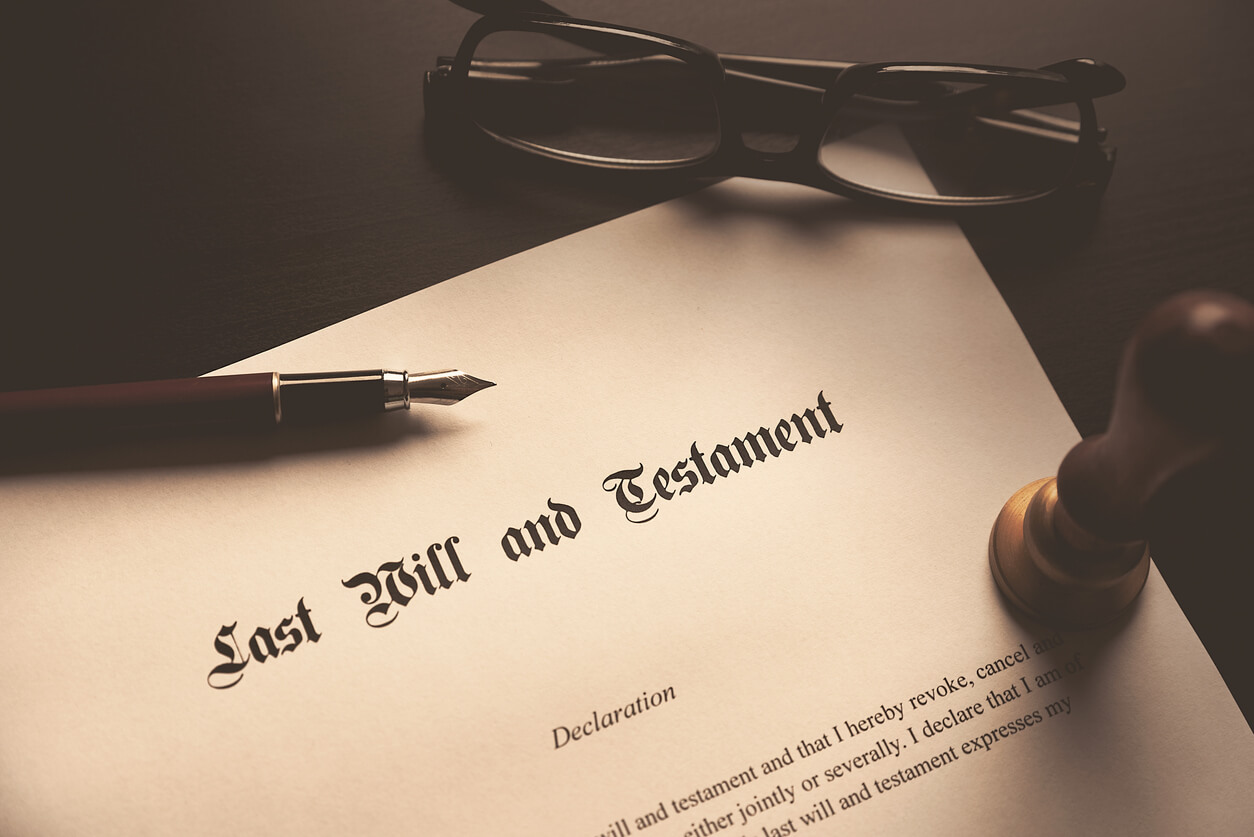When a person dies without leaving a valid will or trust, that person has died “intestate.” Failing to ever make a will or create a trust document could cause intestacy, but many other events could also invalidate a will or make a will impossible to probate.
A California estate planning attorney can help you protect your own estate from intestacy. A lawyer can also help your family if a close relative dies intestate, by determining who will inherit the decedent’s assets and guiding the estate through the probate process.
The California Rules for Intestate Succession
The California Probate Code sets out the rules for intestate succession. These rules can apply when the entire estate is intestate, or to the part of an estate that a will or other testamentary document does not cover.
Some of the rules for intestate succession in California include the following:
- The surviving spouse inherits the half of the community property that the decedent owned in California at the time of death.
- The surviving spouse receives the entire estate, including the decedent’s separate and community property, if the decedent does not have any surviving children, grandchildren, or other descendants, or any surviving parents, brothers, sisters, or any issue of the decedent’s deceased brothers or sisters.
- The surviving spouse will get half of the decedent’s separate property in the intestate estate if the decedent has only one surviving child, or has surviving issue from only one deceased child.
- If the decedent has more than one surviving child, or a surviving child and the issue of at least one deceased child, or the issue of more than one deceased child, the surviving spouse will get one-third of the decedent’s separate property in the intestate estate.
The California Probate Code provides detailed rules for how the legal beneficiaries other than the surviving spouse are to divide and distribute their shares of the decedent’s intestate estate. The rules also cover the situation in which an intestate person dies without leaving a surviving spouse.
How a Will Could Become Invalid or Impossible to Probate
Your lawyer could write a beautiful will that contains all the necessary terms and information to distribute your assets to your loved ones one day when you die. Many people take such a document and stick it in a drawer, never to look at it again. They check the “write a will” task off of their To-Do list and move on to other things.
Unfortunately, using that strategy could make all of that work pointless for your heirs. Here are some of the things that could happen that make the will impossible to probate:
- A potential heir successfully contests the will.
- The court refuses to accept the will because of technical defects in the document.
- The will has been lost, stolen, or destroyed.
These events could automatically invalidate your will if you do not write an updated will:
- If you revoke a prior will but do not write a new will before you die.
- If your marriage or domestic partnership ends in divorce or annulment, or is otherwise terminated, and your will does not expressly cover that situation. In that case, California law will change or delete some of the terms as they relate to your former spouse or partner, unless you marry each other again or unless you execute a new will after you are divorced.
We understand that these rules are complex, but you do not have to learn all the laws of intestacy on your own. A California estate planning attorney can walk you through the rules and regulations relevant to your situation. Contact us today.

